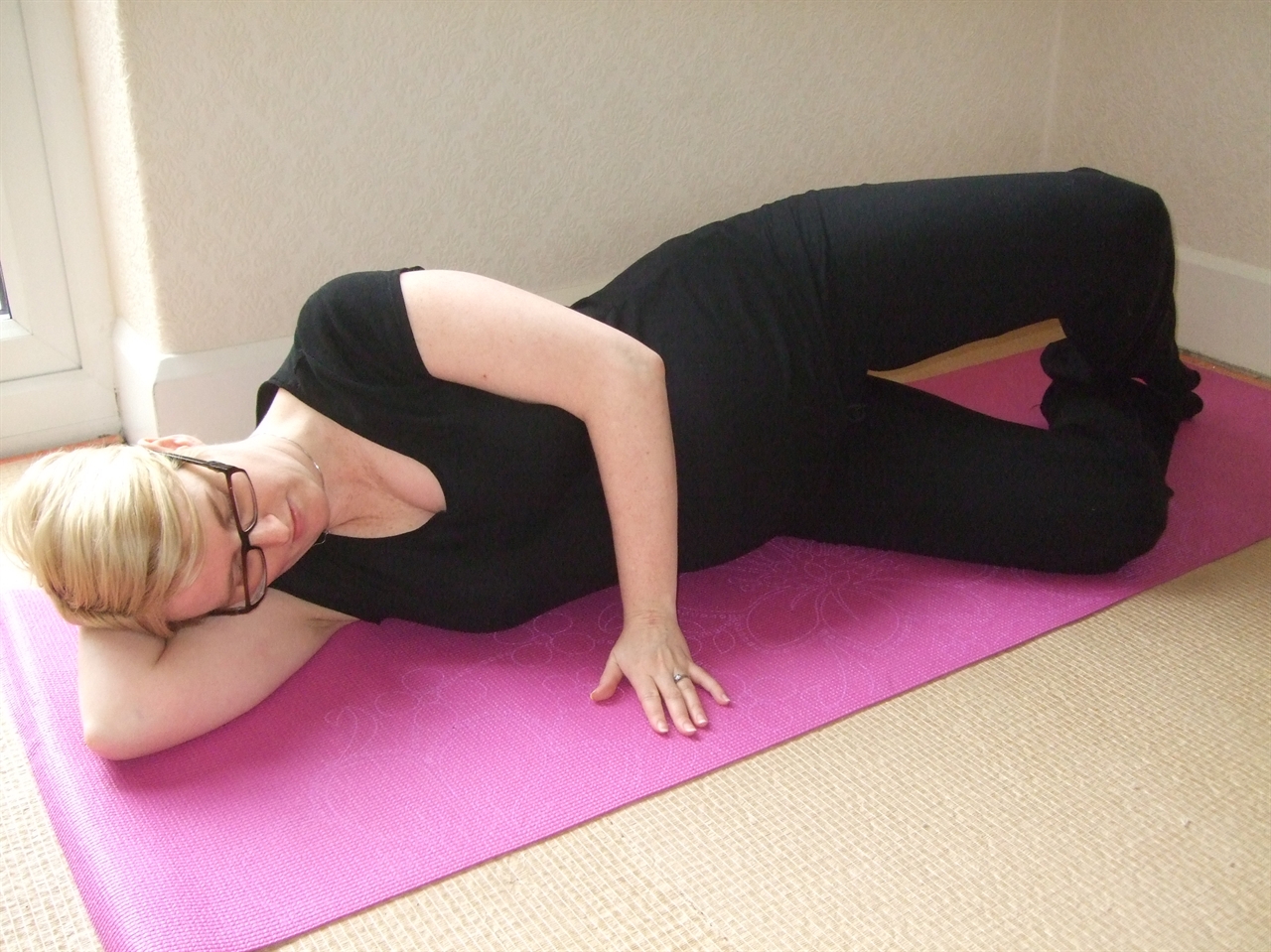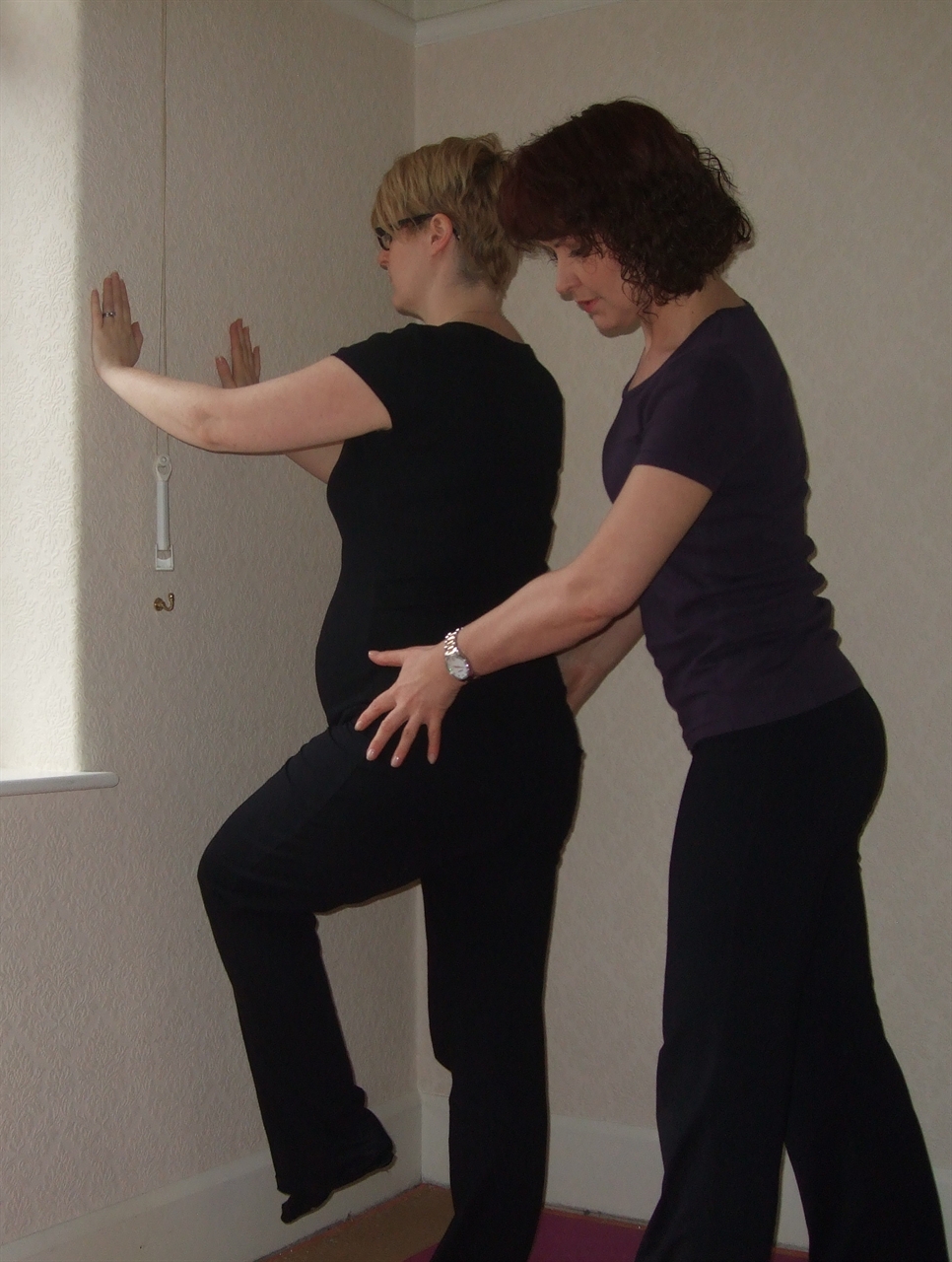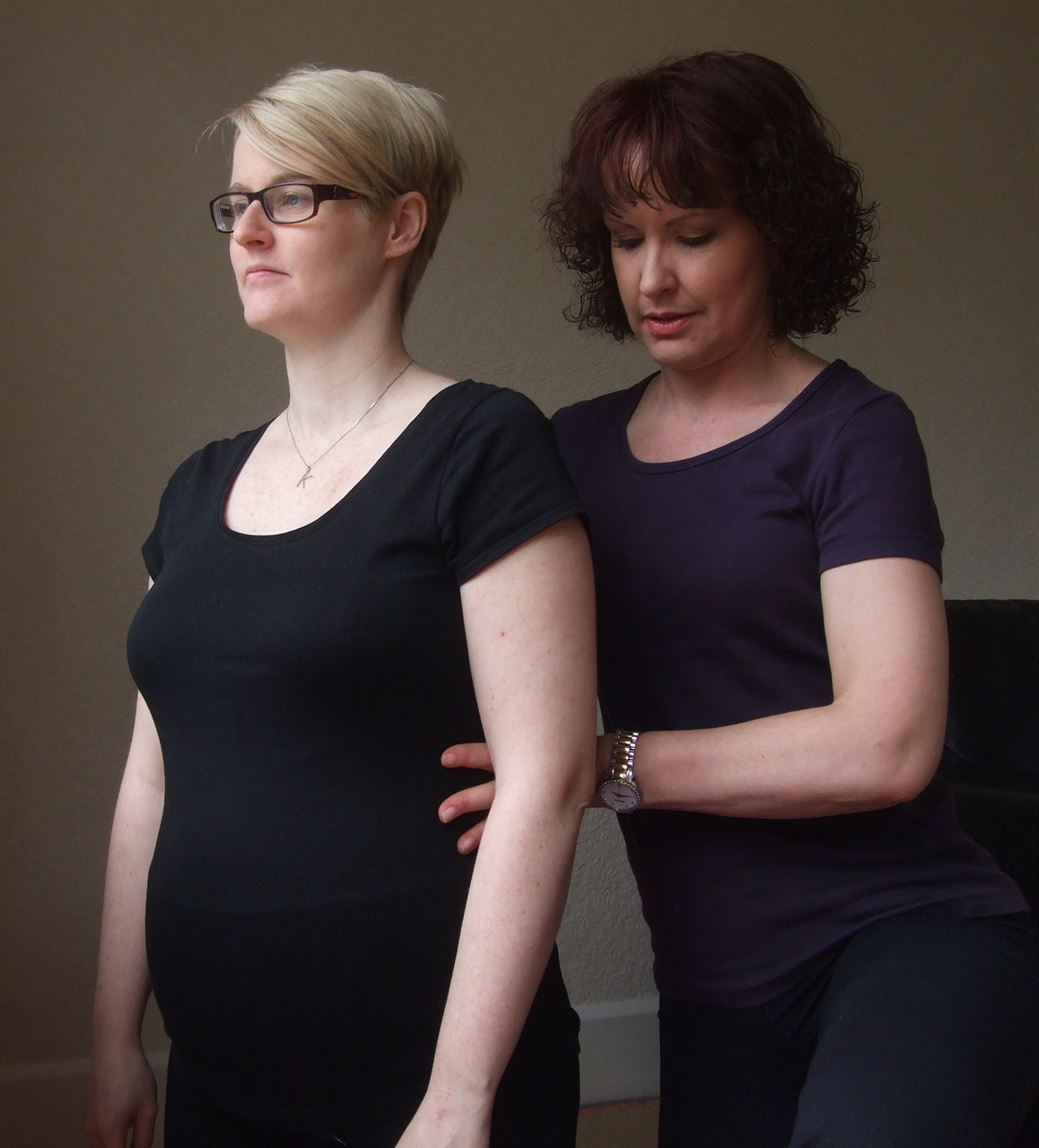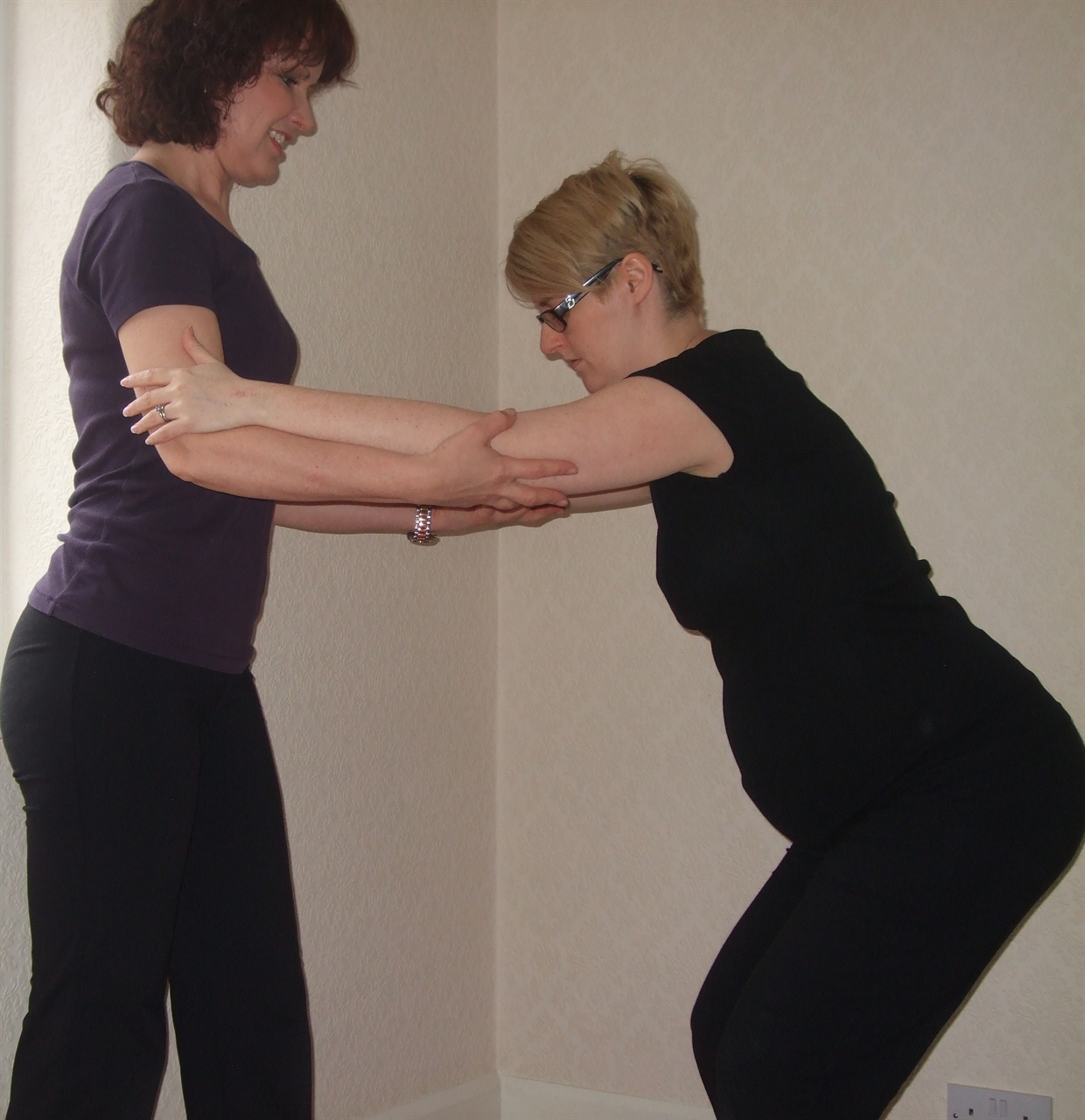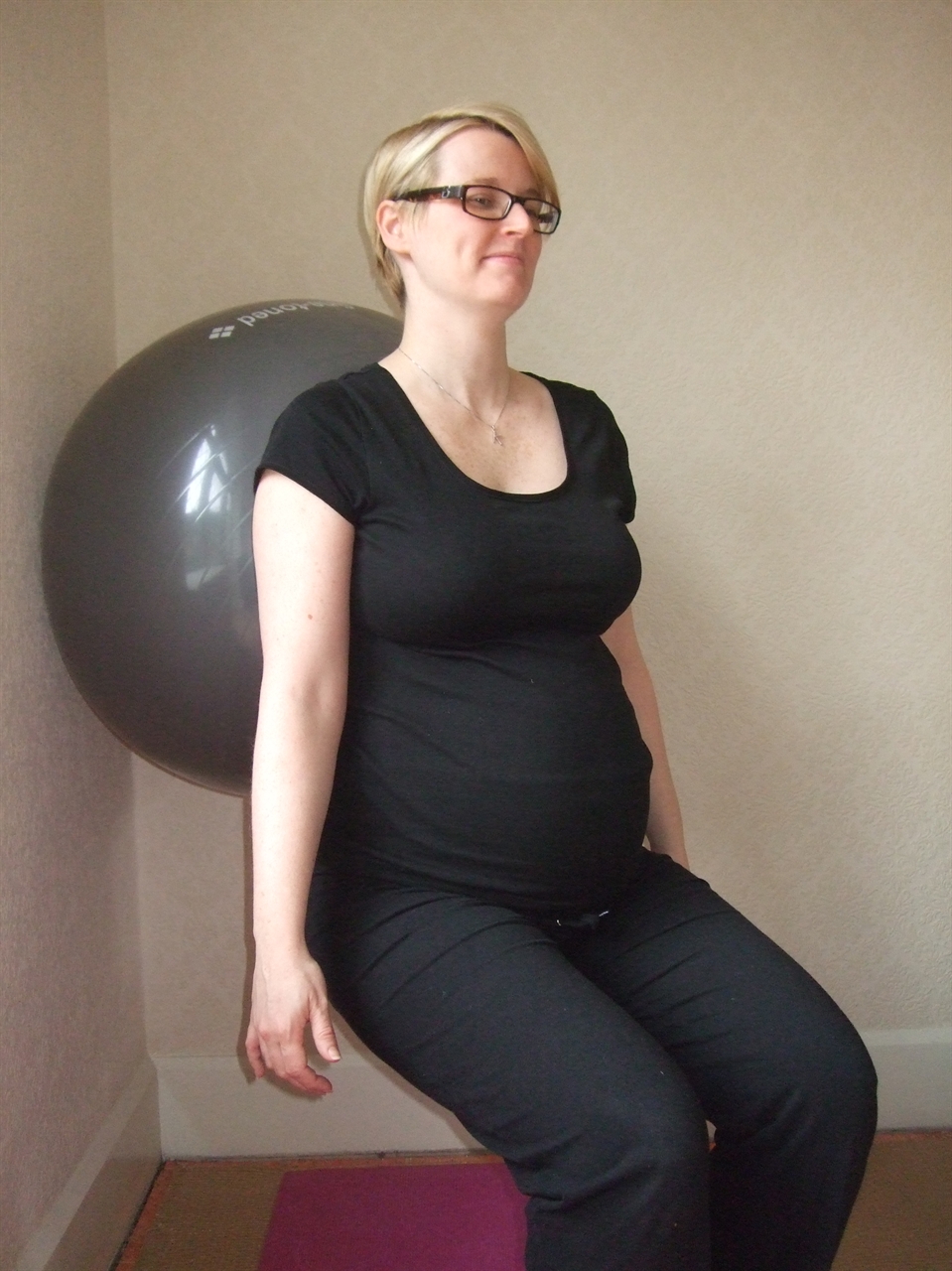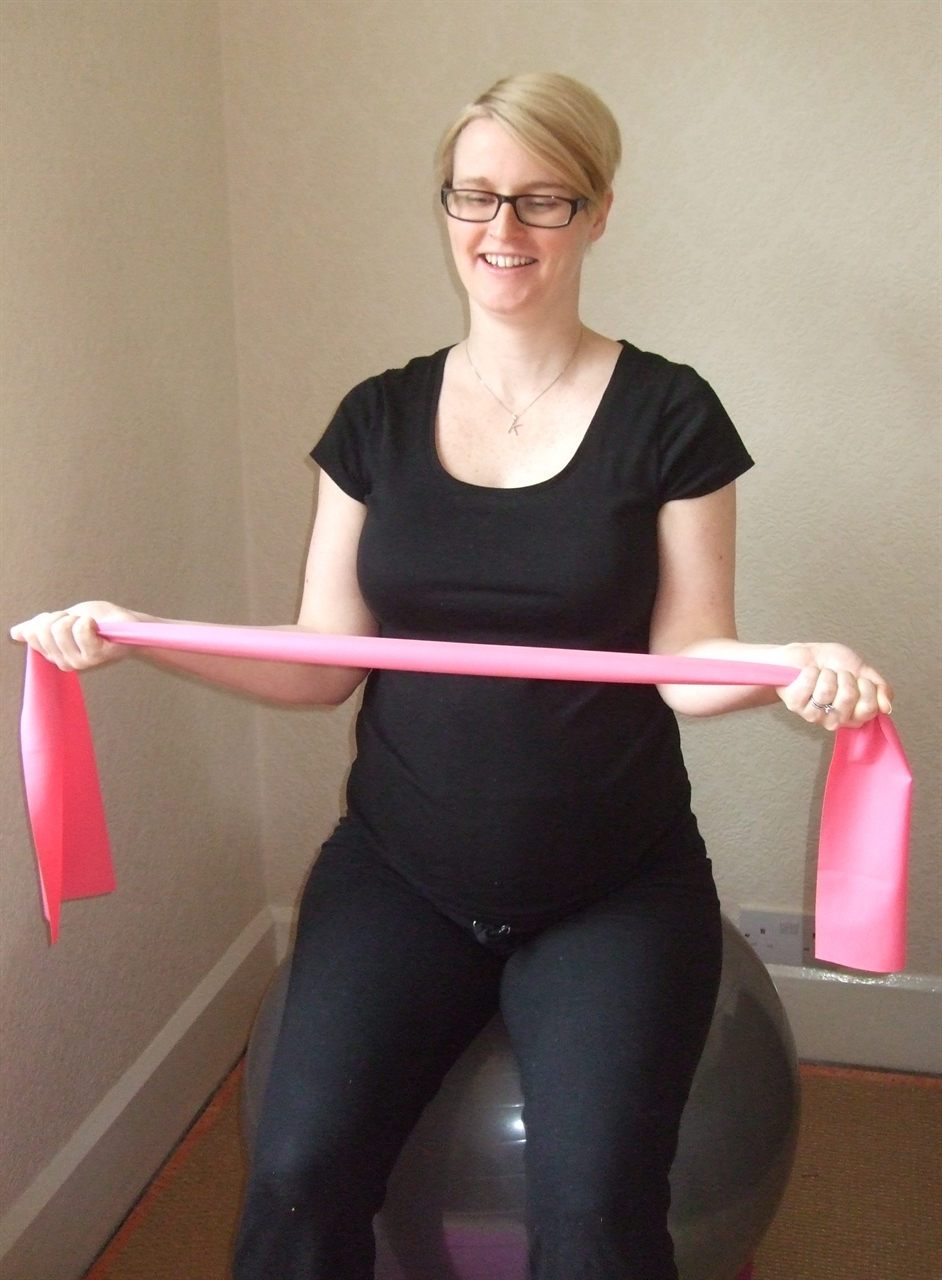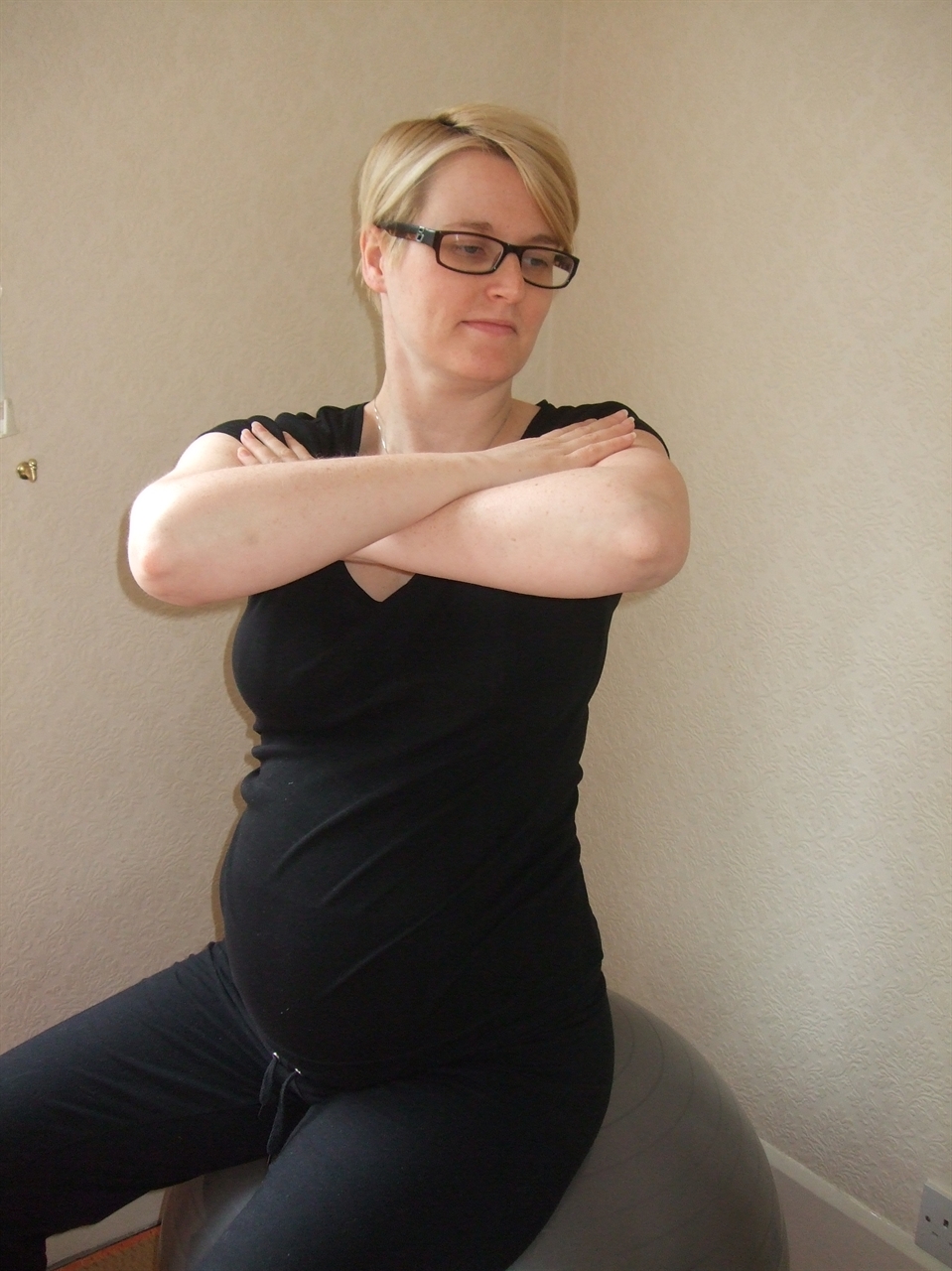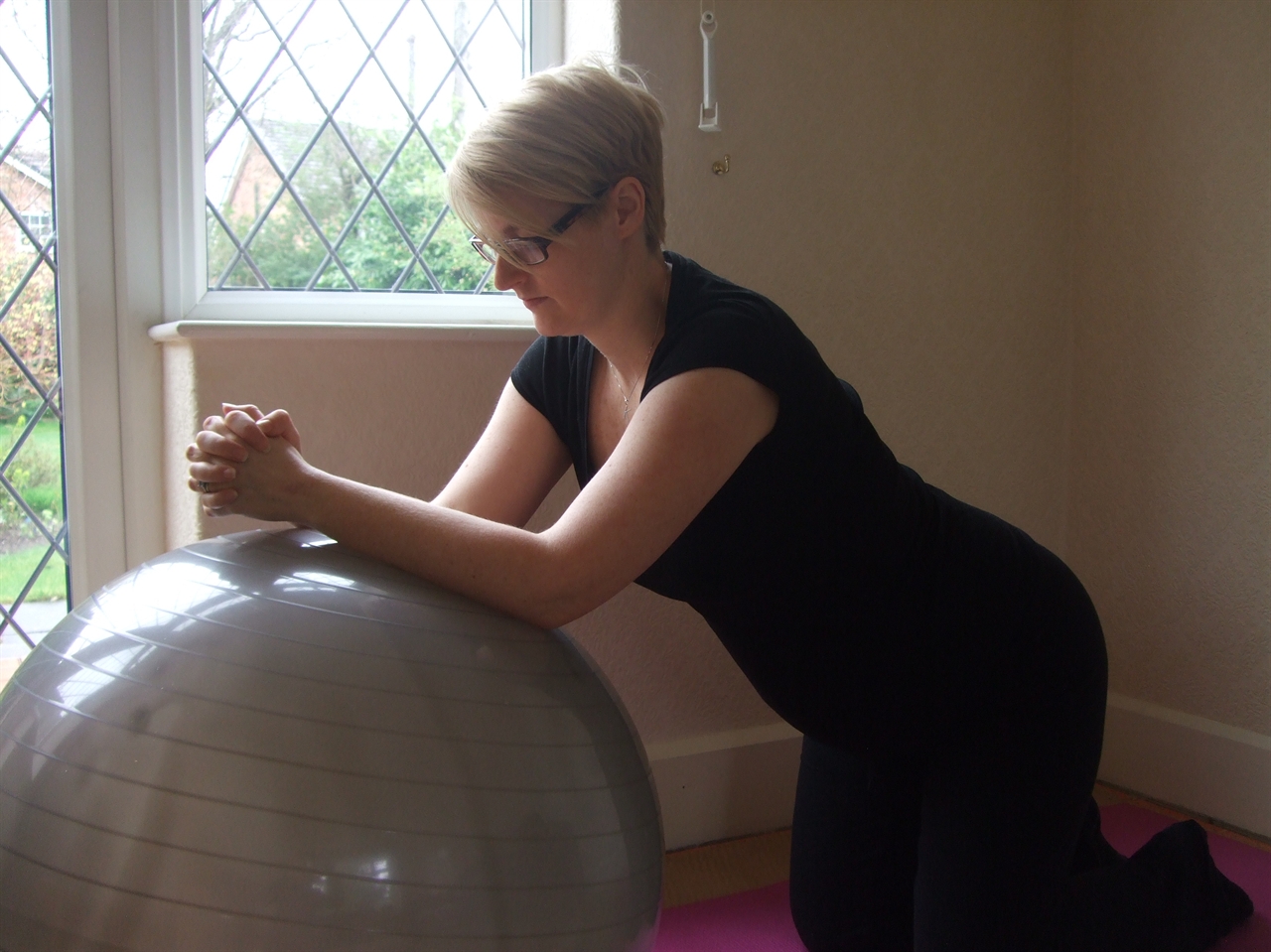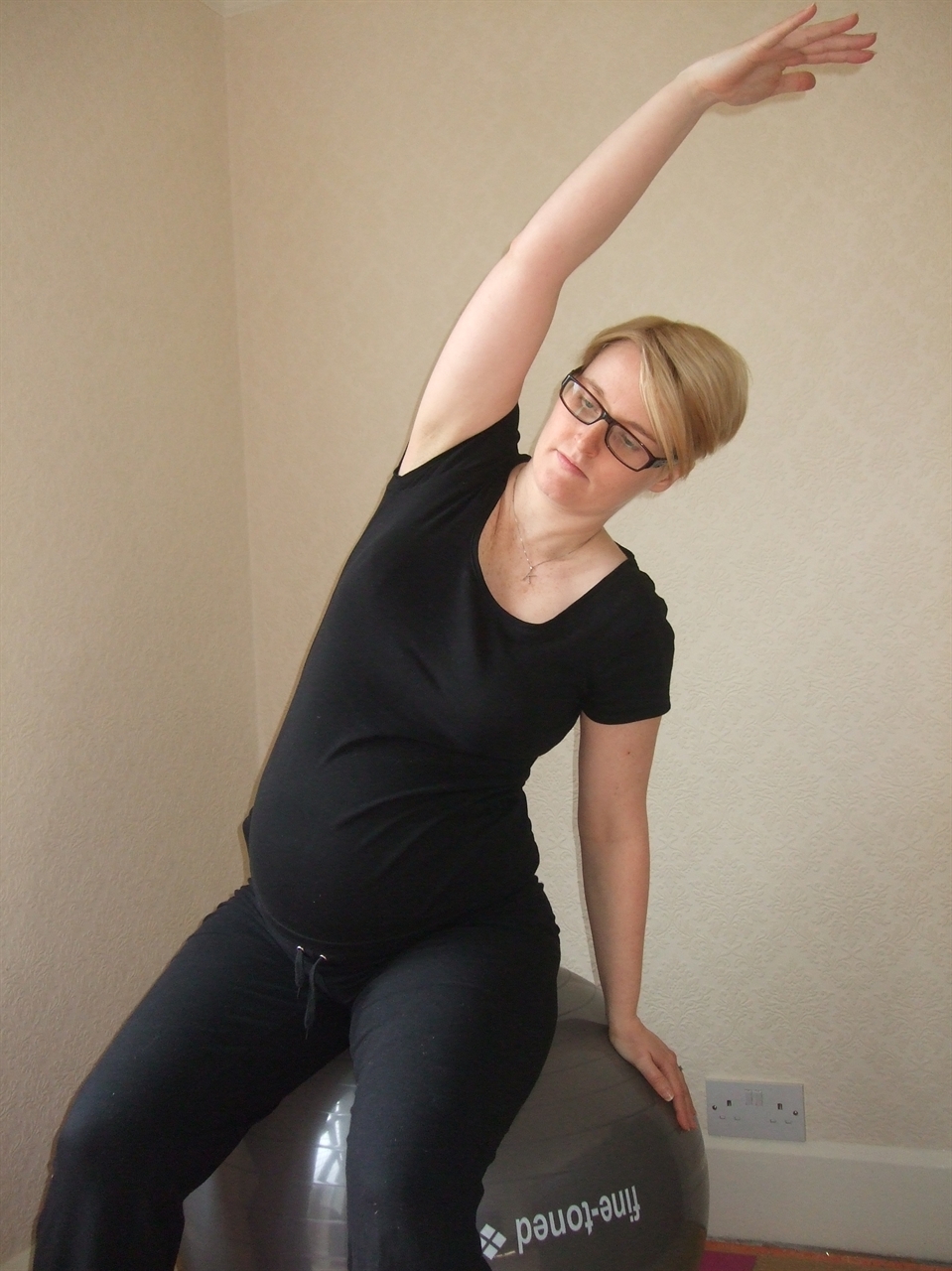Pilates during pregnancy
Current research has shown that exercising during pregnancy has many benefits and as long as the exercise is appropriate for each stage of the pregnancy should not be detrimental to either the mother or the foetus.
When selecting a Pilates class it is important to choose an instructor who has undergone specialised training and is qualified for working with pregnant clients. Pregnant clients who have already done Pilates before becoming pregnant are fine in a mainstream class for the beginning of their pregnancy but after the first trimester certain positions and exercises should be adapted or avoided altogether so I would recommend considering Personal Training where your individual needs can be met.

